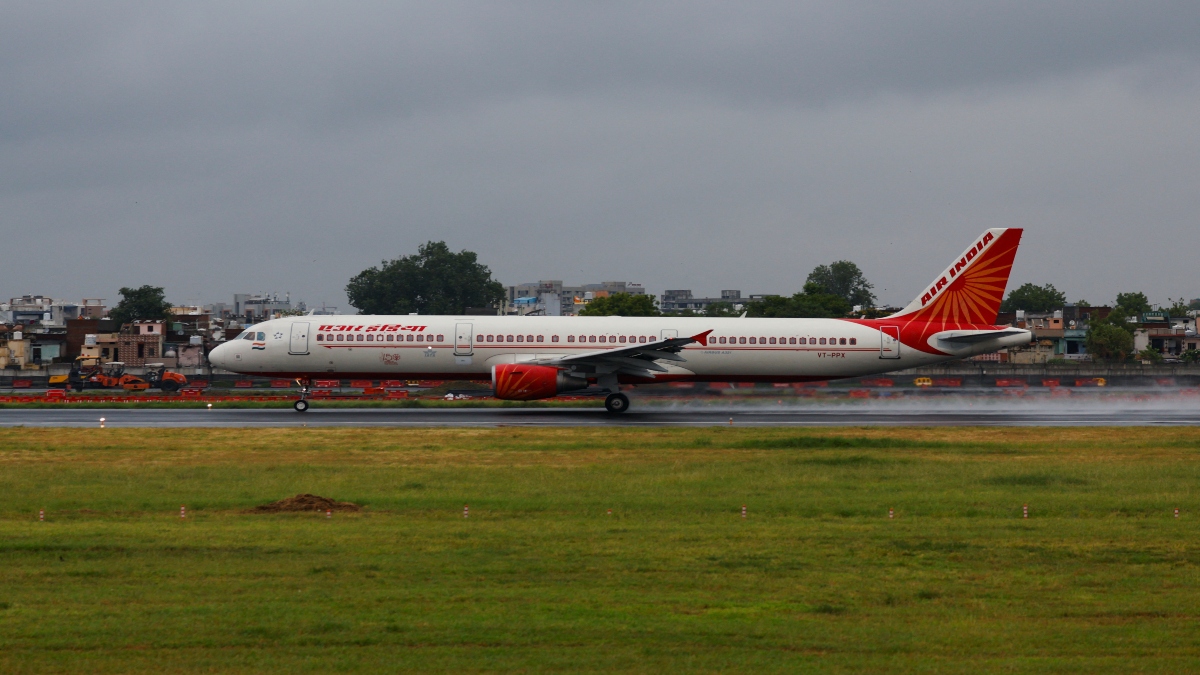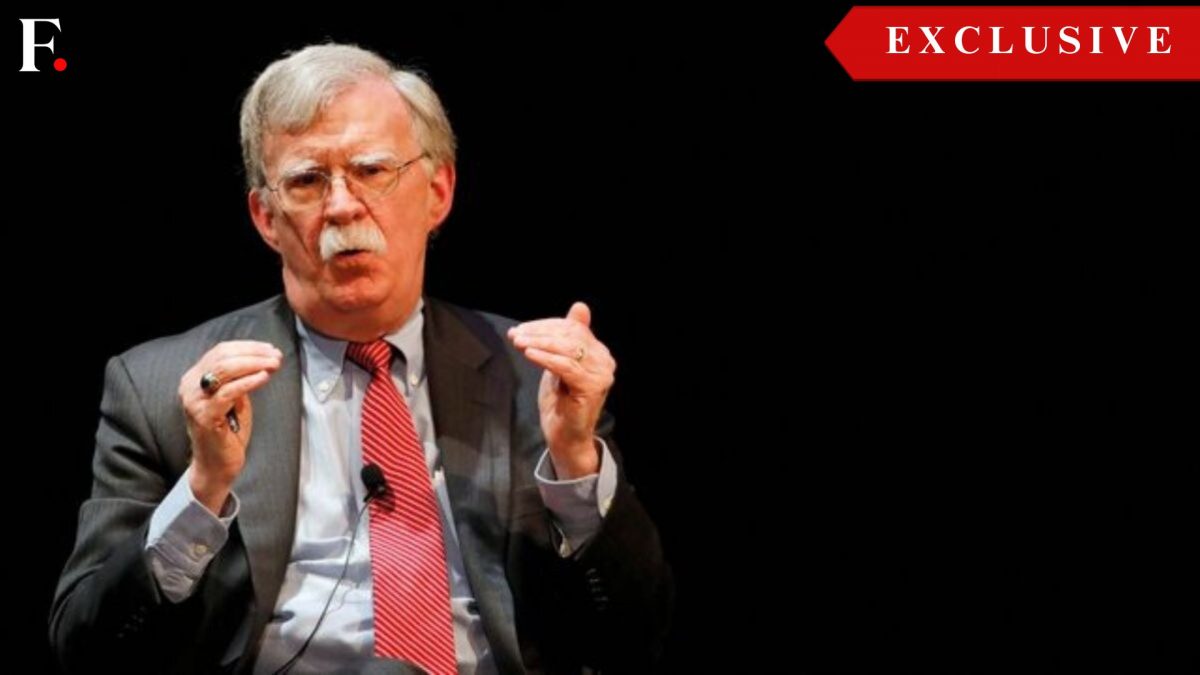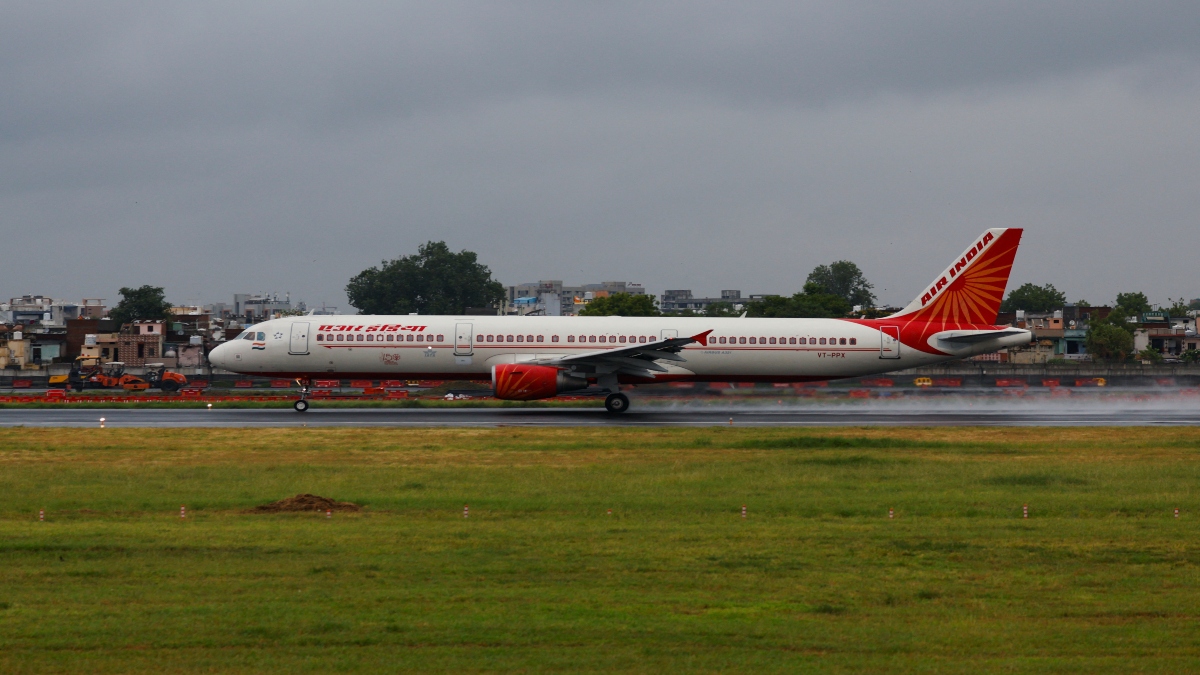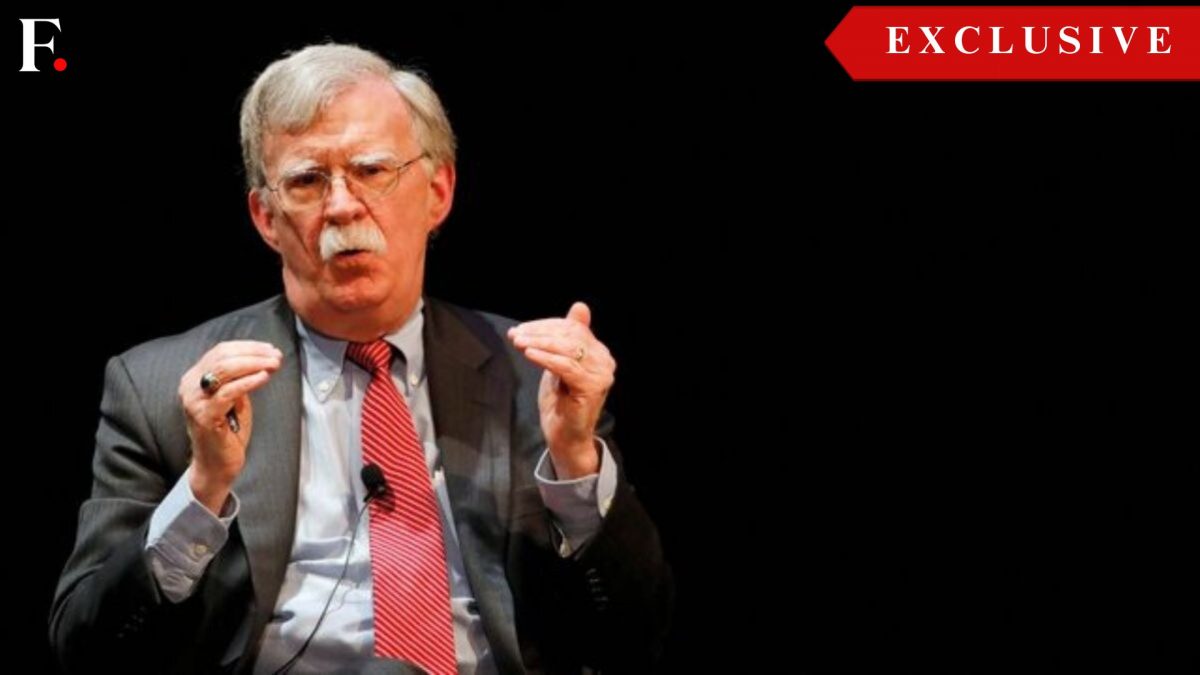European Union (EU) chief Ursula von der Leyen on Tuesday (December 17) announced €1 billion in aid to Turkey for hosting Syrian refugees.
Since 2011 when ousted dictator Bashar al-Assad’s crackdown of pro-democratic demonstrations trigged a civil war, more than 5.5 million Syrians have fled the country for the sake of their lives, according to the United Nations (UN).
Of the total Syrian refugees, Turkey houses around 3.3 million — the most for any country.
Von der Leyen visited Turkey on Tuesday and met President Recep Tayyip Erdogan.
Turkey has emerged as the most important power-broker in Syria and is looking forward to extract maximalist concessions from Europe and the West in lieu of assisting them fulfil their interests in Syria. Since 2011, Turkey had supported the anti-Assad forces in Syria and it has been reported that the surprise offensive that ousted Assad this month began only after Turkey's go-ahead.
After ousting Assad, Turkey has already trained its guns at the next target: Syrian Kurds. Joining hands with its proxies in Syria, such as the militia Syrian National Army (SNA), principal opposition group Hayat Tahrir al-Sham (HTS), Turkey has mounted a multi-front offensive on Kurds and appears set to launch a full-scale invasion of Kurdish-held Syrian territories.
‘Turkey has essential role in regional stability’
Acknowledging Turkey’s centrality in Syria, Von der Leyen said that “Turkey has an essential role to play in stabilising the region”.
Even as Von der Leyen acknowledged Turkey’s role and offered €1 in aid, she also flagged the country’s ties to Islamists in Syria.
Even though Assad was a dictator, he was a secular leader in a region infested with Islamist terrorist groups. The HTS, the new de-facto ruler of Syria that led the offensive against Assad, is an Islamist authoritarian group that was the Syrian branch of terrorist group Al Qaeda till 2016. Even though the HTS and its leaders Abu Mohammed al-Jolani, who started out as an Islamic State (IS) terrorist and later switched to Al Qaeda, say they have cut ties with terrorist groups, there are doubts whether they have actually given up their jihadist ways.
Impact Shorts
View AllIn any case, Jolani and HTS remain Islamist authoritarians and it has rattled several stakeholders, such as Israel, the United States, and Kurds.
Acknowledging the uncertainty of the moment, Von der Leyen said that “the collapse of the Assad regime offers new hope to the Syrian people, but it equally comes with risks”.
Von der Leyen further said, “Together, we must also remain vigilant against terrorism. The risk of a Daesh [Islamic State] resurgence, particularly in eastern Syria, is real. We cannot let this happen. Turkey’s legitimate security concerns must be addressed. At the same time, it is important to allow all Syrians, including all minorities, to be safe.”
In addition to €1 billion in aid, Von der Leyen announced a humanitarian air bridge to Syria which will start delivering aid this week.
Von der Leyen further said that the EU will work with HTS and other factions to restore basic services, such as electricity, water, and infrastructure, in the war-ravaged country.
On the other hand, Turkey has pressed for the fast-tracking of its EU membership, which has essentially been on hold since 2018 over continued democratic backsliding and repression in Turkey under Erdogan’s autocratic rule.
Making it clear that Turkey’s cooperation in Syria is conditional, Erdogan said while standing next to Von der Leyen: “There is a need, more than ever, for stronger and more institutional relationship between Turkey and the EU. We can advance our cooperation with a win-win formula.”


)
)
)
)
)
)
)
)
)



